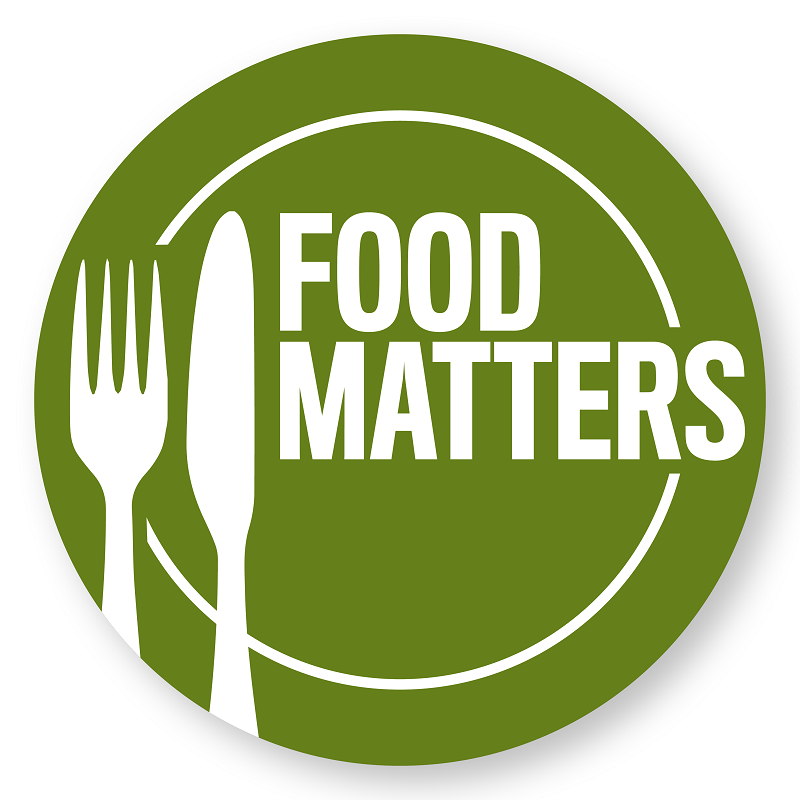Food Matters
Our campaign to reduce food waste and tackle food poverty.

Coronavirus Update
As the Coronavirus pandemic unfolds, this can be a difficult and worrying time, particularly if you require additional assistance. If you need emergency food or support you can contact your local food bank, they are doing their best to follow social distancing measures and stay open. Click here for further information.
If you are able to support your local food bank with donations, click on the link above to contact your local food banks and check what items are most needed.
Background
In communities across the UK, people are going hungry. Some have to rely on emergency parcels from food banks to feed themselves and their families. At the same time, over 10 million tonnes of food are binned each year in the UK.
Since its earliest days, the Women’s Institute movement has been at the forefront of the debate around our food system. The supply of food to the war-torn nation was central to the early activities of the growing WI movement in Britain. Since then the challenges of ensuring sustainable food supply, tackling poverty and protecting our environment have remained key to our heritage and close to members’ hearts.
Since 2016, we have been campaigning on the issues of food waste and food poverty in the UK. Our Food Matters campaign calls on supermarkets to take action to avoid waste and to pass any surplus produce onto food distribution charities.
What we have achieved so far
Over 5,000 WI members took part in a research project looking at food waste in the home and investigated practices at their local supermarkets. In April 2017, the NFWI released the report ‘Wasted Opportunities’, setting out a range of actions that supermarkets can take to help reduce food waste at all levels. From ending multi-buys and multipacks promotions that encourage overbuying, removing confusing date and product labelling that cause people to throw out food too soon.

Since then there has been positive progress. Many supermarkets have adopted WI recommendations to simplify date labelling, increase shelf life and offer clearer freezing instructions.
The second stage of the campaign focused on food poverty, with WIs encouraged to organise debates on the topic and consider what needs to change so that everyone has access to affordable, healthy food. A toolkit was produced to help members organise these debates. The debates allowed members to learn more about the issue, particularly how it affects their communities, and to discuss potential solutions.

At a national level, the WI worked with End Hunger UK to call for government action, successfully campaigning for the government to start measuring food poverty.
As part of our work on Food Waste, we have compiled a list of ‘Top 10 Tips to Reduce Household Food Waste’ submitted by WI members. Watch the video below to find out how you can play a part in reducing food waste. You can also download the flyer below and share it with friends and family.
How you can get involved
- Read our Wasted Opportunities report.
- Get in touch with us to share our animation and download our campaign action pack. You can email us at pa@nfwi.org.uk
- Download our ‘Top 10 Tips to Reduce Household Food Waste’ flyer
If you are not already a WI member, the members decide the WI campaigns through a democratic vote. We would love to welcome a new WI member, please click here for further details.
Subscribe to the Public Affairs Digest
The Public Affairs team has created a monthly e-update on all the latest WI campaigning news. If you would like to receive the Digest please subscribe here.
